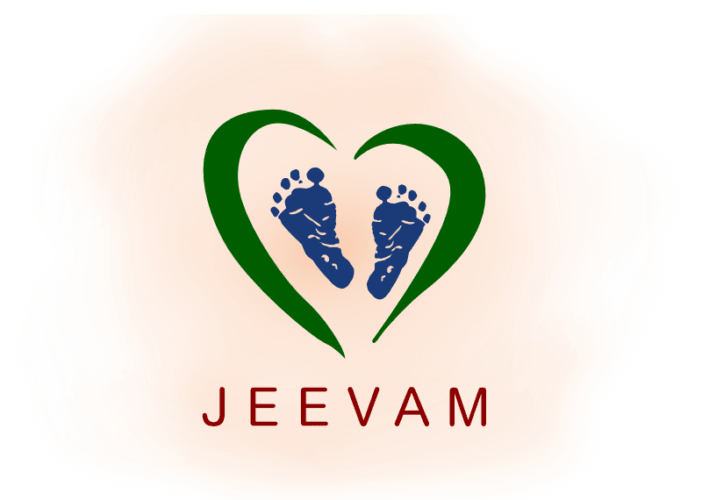Pelvic floor disorder (PFD) is a common condition that affects both men and women of all ages. One in five people will suffer from a pelvic floor disorder during their lifetime. When this condition is left untreated, it can negatively impact the person’s lifestyle. Learn how physical therapy can help improve this condition and make the belly pain symptoms better.
What are the PFDs?
The pelvic floor is a group of muscles in the pelvic area that support the organs. Pelvic floor disorders occur when the supporting tissue in the pelvic floor is weakened or damaged over time. Due to the damage, the muscles are unable to contract and relax normally. This interferes with the body’s normal processes through the bowel or the bladder. The most common pelvic floor disorders include pelvic urinary incontinence, pelvic pain, pelvic fecal incontinence, and pelvic organ prolapse.
What causes this?
Pelvic floor dysfunction can be due to various reasons amongst different groups of people. Some of the few factors include overusing the pelvic muscles (pushing too hard or going to the bathroom too often), poor muscle coordination, pregnancy, and injuries to the pelvic area. Pelvic floor dysfunction also runs in family, which can be a genetic cause of pelvic floor dysfunction.
Pelvic floor dysfunction can cause a few symptoms that can feel like pain in the lower back (with no other causes), painful urination, pain during bowel movements, and pain in the pelvic region. Few of the other symptoms include the frequent need to use the bathroom, or the need to “force it out”. In some cases, the pain can be felt in other parts of the body such as the legs. This is known as referred pain pattern.
How Can Pelvic Floor Therapy Benefit You?
Pelvic floor physical therapy is a specialized physical therapy to relieve the patient from the symptoms that come with the dysfunction. In pelvic floor therapy, the patient learns to use exercises to help the muscles get stronger and also relax. The doctor of physical therapy will do an in-depth evaluation to check how strong your core muscles are, along with how good your core endurance is. During the assessment, the physical therapy will make a plan and access the best-suited treatment which includes internal and external therapy. Pelvic floor therapy for women can also relieve discomfort and pain that women may feel during sex due to this dysfunction. The exercises can help them to become more conscious of their muscles in the pelvic floor.
Pelvic floor therapy is also beneficial for those patients who may be going through radiation therapy for cervical cancer. Pre and post-radiation pelvic floor therapy can help strengthen the muscles. Post radiation pelvic floor therapy can also help alleviate some of the pain and symptoms, as well as tightness that may arrive. It is also crucial to retrain the muscles in the pelvic floor to recover after radiation. Patients with cervical cancer, hysterectomy, and ovarian cancer, as well as other pelvic floor cancer cases, can benefit greatly from therapy.
Treatment of Pelvic Floor Dysfunction here..
Here at Jeevam Therapy, we treat patients with several pelvic floor dysfunctions that may be causing inconveniences in their life. Through actively treating pelvic floor conditions, you can find relief through your daily bodily functions and move better. Those combating any cancer in the pelvic floor can find relief by working with our Physical Therapist. They can help you find the treatment that works for you. Our goal at Jeevam Therapy is to relieve your belly/back pain and to help you move and feel better.
January is marked as Cervical Cancer Awareness Month. While discussing pelvic floor therapy, it is important to note the HPV vaccination. The HPV vaccination is crucial in preventing cervical cancer. Here at Jeevam Therapy, we urge all individuals to get screened and vaccinated for HPV.
Tags: physical therapy, health and wellness, pelvic floor, women's health, pelvic floor therapy




